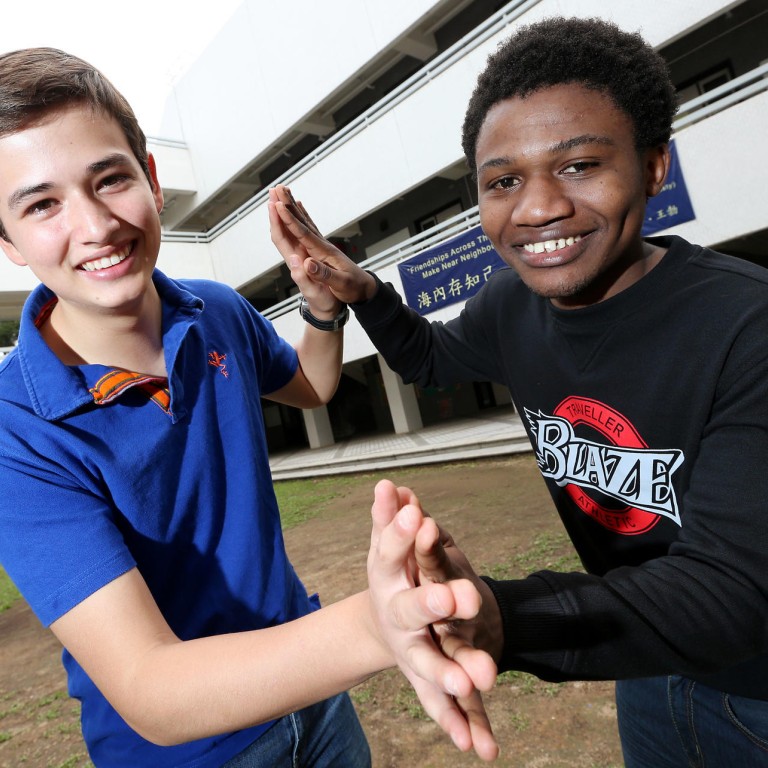
Rwandan student in Hong Kong eyes hopeful future on 20th anniversary of genocide
When Rwandan student Odilon Numugabo wakes up to the sounds of birds chirping outside his dorm room in Ma On Shan, it will be a stark contrast to the atrocities that happened 20 years ago in his home country.
When Rwandan student Odilon Numugabo wakes up tomorrow to the sounds of birds chirping outside his dorm room in Ma On Shan, it will be a stark contrast to the atrocities that happened 20 years ago in his home country.
Monday is the 20th anniversary of the Rwandan genocide which saw the mass slaughter of Tutsis and moderate Hutus by the ruling Hutu militia. At least 500,000 people - about 20 per cent of the country's population - died during 100 days of killing.
For Numugabo, tomorrow will be a reminder for his generation to ensure such carnage never occurs again. Education, the reason he is in Hong Kong, is at the heart of the solution.
"In Rwanda, we acknowledge that the genocide happened and the reasons why it did; we do this so that it will never happen again in the future," Numugabo said.
"It was something that built up from ignorance and we want people to be aware of that. That's the message the government is trying to send, and we, as the youth, are getting the message."
Numugabo moved to Hong Kong in 2012 after winning a full scholarship for the International Baccalaureate two-year diploma at Li Po Chun United World College.
The school currently has 253 students from more than 80 countries. Each year it grants dozens of partial and full scholarships to local and international students, with a focus on foreign students in conflict areas.
The 1994 mass killings affected Numugabo's parents before he was born. His mother was pregnant with him when she escaped the machetes of the Hutu militia, making it to a refugee camp in then Zaire (now the Democratic Republic of Congo).
"I was born in the refugee camp in Congo and we came back when everything got into order," Numugabo said.
"Everybody was affected somehow, in some way."
Numugabo said young people bore the responsibility for Rwanda's positive future. "Everyone back home has to be part of our future and contribute in some way," he said. "From the way we talk to each other to the way we see each other so we don't discriminate against each other again."
A key part of the healing process was the exclusion of the terms Hutu and Tutsi. "Now we don't use those terms. We are all one. It is about moving on so we are all Rwandans," he said.
When Numugabo and his family returned to Rwanda, they settled on the outskirts of the capital Kigali. His parents were overjoyed when they found out he had won a scholarship, but Numugabo had mixed feelings. "I was happy to be going abroad but I was scared because I would be studying in English and going to an environment that was different," he said, adding that it was his first time travelling abroad. He hopes to win a scholarship to study engineering in the US so that he can return to Rwanda and help build a power plant.
